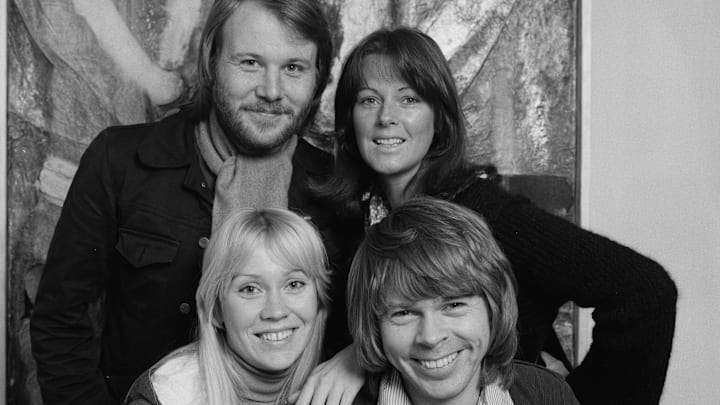“Cracklin’ Rosie” by Neil Diamond (1970)
Neil Diamond had plenty of hits throughout the 1960s. The one that went on to become his iconic song was “Sweet Caroline,” but I would have chosen Rosie over Caroline even if they came out in the same decade. I think it’s about three percent better.
It’s kind of the same thing as with the Jacksons. “Sweet Caroline” worked well, so Diamond basically repeated the formula. Rosie may or may not have been written about a bottle of wine and not about a girl, as was commonly assumed. Chances are pretty good that Diamond had the double entendre in mind because he was – you know – a good writer, and that’s the kind of thing good writers tend to do.
And I get that a lot of people don’t really like Diamond. There is a hammy quality to both his best and his worst work. Sometimes, especially later in the decade, I find him overbearing and almost unlistenable. But at this point, he’s still having fun with an impossibly catchy earworm, and what can I say? Maybe just this … “Oh, I love my Rosie child – You got the way to make me happy.”
“Moondance” by Van Morrison (1970)
Morrison initially released two singles from his third solo album, Moondance. They were very good songs – the upbeat countryish “Come Running” and the gentle beauty of “Crazy Love.” But what’s more intriguing are the glorious songs that did not get released as singles. Those include the epic simplicity of “And It Stoned Me,” the jazzy “Caravan,” and the sublime folk of “Into the Mystic.” And then there was the title track, the sly jazzy shuffle that would eventually become one of Morrison’s signature songs.
Morrison always spoke highly of the song. It was among his favorites, so the fact that he held off releasing it as a single until late in the decade may be an indication that he considered it a bit too jazzy to gain popular success. He was trying to regain commercial viability after the low sales that plagued his critically acclaimed album Astral Weeks a few years earlier.
That’s just speculation on my part. Regardless, it eventually became clear that there was a definite market for this brand of melodic jazz. A few after its release as a single, it gained further attention when John Landis included it on the soundtrack for his cult film An American Werewolf in London.
